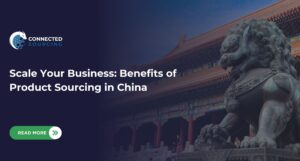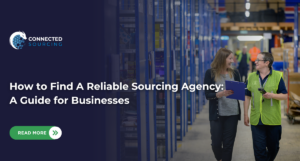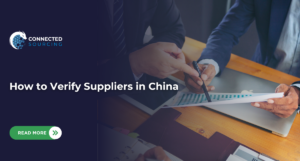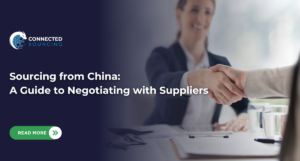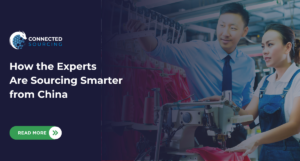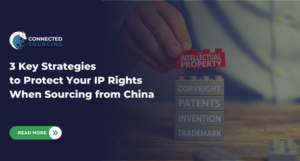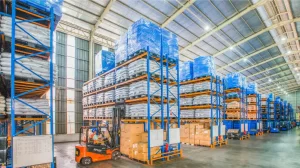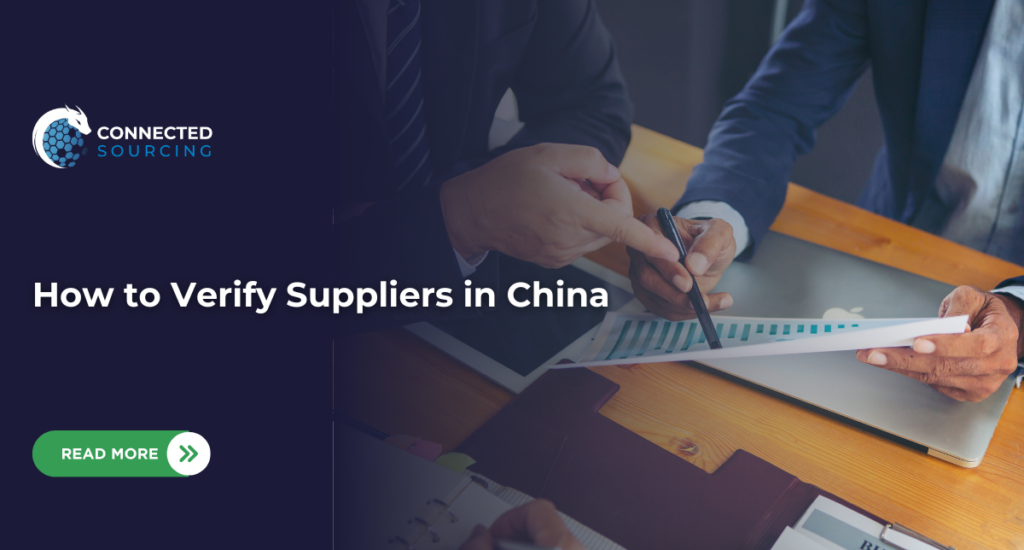
Looking for suppliers in China can be a real challenge, particularly when you’re unsure who you can trust. With so many potential partners, how can you be sure that the one you choose will deliver quality products and uphold their promises? Without proper verification, you risk dealing with quality problems, legal issues, and other serious concerns.
If you’ve ever felt lost when trying to source products from China, you’re not alone. Many companies face similar challenges. The good news is that you can take steps to make this process easier and more reliable. In this blog, we’ll share tips on how to verify suppliers in China, helping you make smart choices and build solid partnerships.
Why Verify Suppliers in China?
Building trust is an important factor in the success of your sourcing process. Verifying your Chinese suppliers is essential to mitigate risks such as:
- Poor product quality: Ensuring your suppliers adhere to your specifications and strict quality standards prevents costly defects and returns.
- Delays and disruptions: Unreliable suppliers can impact production schedules.
- Intellectual property theft: Protect your designs by ensuring your supplier respects intellectual property rights.
- Unethical practices: Verifying your suppliers’ compliance with labor and environmental standards protects your brand reputation.
Tips to Verify Suppliers in China
1. Conduct a Company Background Check
Before entering into any agreements, you must do an initial background check on your supplier. There are multiple ways to do this and the simplest one would be to do an online check on your supplier. Utilize B2B platforms and business directories like Alibaba, Made-in-China, and Global Sources to gather basic details but be cautious of self-reported information.
Using search engines can be helpful as well. Baidu, China’s most popular search engine, would be your best choice. Most Chinese manufacturers would have their information on Baidu. Google, while not as popular in China, can still be helpful especially when finding reviews from other international importers or determining if the supplier has previously participated in trade shows, which are both good signs that you’re dealing with a reputable supplier.
Another way to verify the legitimacy of your supplier is by checking their company’s registration details and business licenses. A legitimate supplier should have a valid business license and tax registration. Their business license should have a unique 18-digit registration number verifiable through government websites or local authorities like the National Enterprise Credit Information Publicity System (NECIPS) website which contains China’s national database of official registration records.
2. Visit the Supplier’s Facility
One of the most effective ways to verify a supplier is by conducting an on-site visit to their manufacturing facility. This allows you to inspect their operations, quality control processes, and overall working conditions firsthand. A facility visit helps confirm that the supplier possesses the necessary infrastructure and capabilities to meet your requirements.
You can also use this opportunity to discuss and negotiate prices, minimum order quantities (MOQs), delivery times, and other important terms. Be meticulous in your evaluation of the supplier’s capabilities to determine if they are the right fit for your business.
Don’t have time or resources to visit the factory in China? Here’s a tip: partner with a global sourcing company like Connected Sourcing to make the factory visit for you. They can conduct thorough audits, background checks, and quality assessments on your behalf.
3. Request and Review Product Samples
Before committing to a large order, request samples of the products you intend to purchase even if you have to pay for the samples. This provides a firsthand look at the quality and craftsmanship of the goods. Ensure that the samples meet your specifications and quality standards. Reviewing product samples is a critical step in the verification process, as it helps prevent potential quality issues.
4. Check Customer References and Reviews
A reliable supplier should have a track record of successful transactions and satisfied customers. Ask the supplier for references from other businesses they’ve worked with. Contact these references to get feedback on their experiences. Additionally, search for online reviews and ratings about the supplier. This information can provide valuable insights into the supplier’s reputation and reliability.
5. Verify Compliance with Industry Standards
Ensure that the supplier adheres to relevant industry standards and regulations. Depending on your product, this may include certifications such as ISO, CE, or specific safety standards. Verify these certifications with the issuing bodies to confirm their authenticity. Compliance with industry standards not only ensures product quality but also helps avoid legal and regulatory issues.
Conclusion
Verifying Chinese suppliers empowers you to make informed decisions. Remember, a diligent verification process not only protects your investment but also helps you build long-term, successful partnerships with your suppliers.
Want to simplify your supplier verification process? Connected Sourcing is here to help. We offer a comprehensive range of services, including supplier verification, quality control inspections, and logistics management. Contact us today and let’s unlock the potential of your global sourcing journey!

Frequently Asked Questions
Do I Need to Speak Mandarin?
Not necessarily! But understanding these tips and potentially partnering with a Mandarin-speaking sourcing agent can make things a lot easier.
What if My Supplier Doesn't Speak English Fluently?
Many global sourcing companies offer translation and interpreter services. Consider working with a sourcing agent who can manage communication for you.
Is WeChat the Only Way to Communicate?
While WeChat is popular, email is still widely used. The best method depends on your supplier's preference. Discuss communication methods during the planning stage to find a solution that works for both of you.
Why Use a Sourcing Company?
Sourcing companies can bridge the language gap, translate documents, handle negotiations, and ensure clear communication throughout the process. This frees you up to focus on other parts of your business, knowing communication is running smoothly.
By following these communication best practices, you can bridge the gap and build strong, successful partnerships with Chinese manufacturers. Remember, clear communication is the foundation of any global sourcing journey.
Connected Sourcing can help you navigate your sourcing process by providing an end-to-end solution, including communication with your suppliers. Contact us today to learn more!



